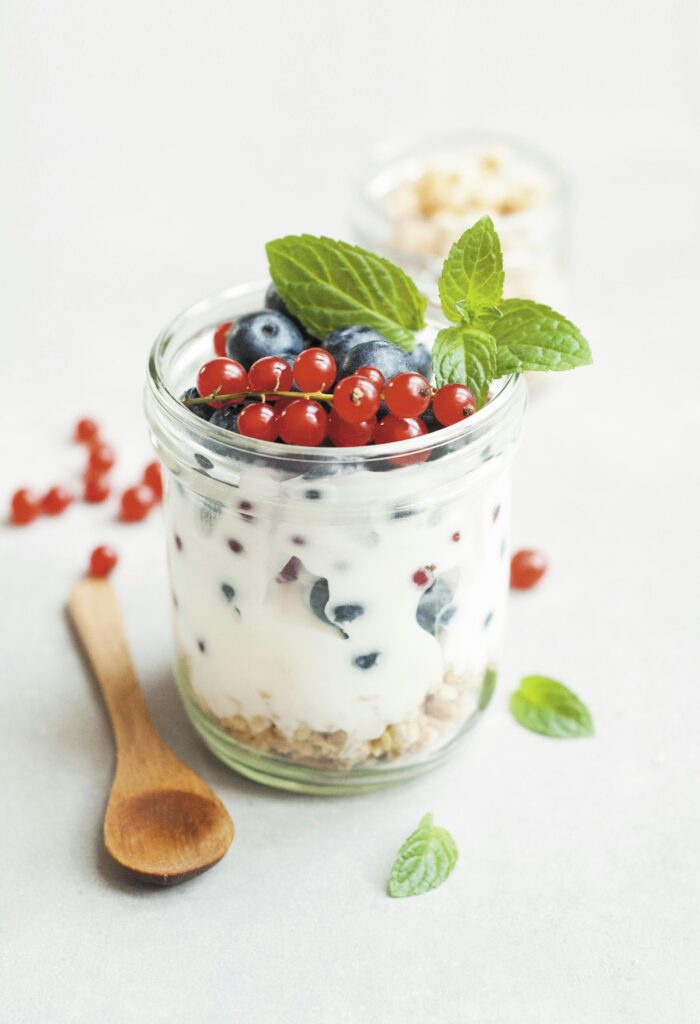Your gut health holds the key to unlocking vitality, beauty, and emotional balance, and at the heart of this transformation are probiotics and prebiotics. Let’s delve deeply into how these supplements work, the science behind their benefits, and how they can empower women to live their healthiest lives.

Probiotics are live microorganisms-often referred to as “good bacteria” – that naturally reside in your gut. They are integral to maintaining balance in your microbiome, the community of bacteria and other microorganisms that call your digestive system home. When this balance is disrupted-by stress, antibiotics, or a poor diet-it can lead to digestive discomfort, weakened immunity, and even mental health challenges. Probiotics help restore harmony, ensuring your body operates optimally.
Prebiotics, on the other hand, are non-digestible fibers that act as food for probiotics. They encourage the growth of beneficial bacteria, making prebiotics the unsung heroes of gut health. Foods like chicory root, onions, and oats are naturally rich in prebiotics, but supplements ensure you’re meeting your daily needs without the hassle.
The Scientific Edge of Probiotics
Probiotics come in many strains, each with its own unique benefits. Strains like Lactobacillus acidophilus and Bifidobacterium bifidum are particularly beneficial for women. They help balance vaginal flora, reduce the risk of urinary tract infections (UTIs), and support overall reproductive health. Additionally, studies show that probiotics can improve symptoms of irritable bowel syndrome (IBS), reduce the frequency and severity of diarrhea, and even combat the effects of lactose intolerance.
For women in particular, hormonal fluctuations can impact gut health. Probiotics help stabilize these shifts by ensuring the microbiome stays resilient. During pregnancy, probiotics play a critical role in reducing the risk of gestational diabetes and supporting the immune system of both mother and baby. Probiotic supplements may help reduce blood sugar and insulin levels during pregnancy, potentially improving health and lowering the risk of complications.
A 2018 review of 12 randomized controlled trials found that probiotic use during pregnancy reduced blood sugar and insulin levels.
In a 2017 review of four randomized controlled trials involving 288 women with gestational diabetes—a condition characterized by high blood sugar levels during pregnancy—probiotics significantly reduced insulin resistance, although they did not lower blood sugar levels.
Researchers suggested that this could help those with gestational diabetes reduce the need for blood sugar-lowering medications later in pregnancy.
Prebiotics: The Silent Partner in Wellness
While probiotics are the star of the show, prebiotics are the foundation that allows them to thrive. These fibers stimulate the growth of good bacteria, enhancing their ability to produce short-chain fatty acids like butyrate. These fatty acids are crucial for gut integrity, as they reduce inflammation, support weight management, and may even decrease the risk of colon cancer.
Women who incorporate prebiotics into their routine often report fewer digestive issues, improved energy levels, and clearer skin. The gut-skin connection is particularly significant, as a healthy microbiome reduces inflammation that can manifest as acne, eczema, or rosacea.
The Mental Health Connection
Emerging research highlights the profound link between gut health and mental well-being, known as the gut-brain axis. Probiotics influence the production of neurotransmitters like serotonin and GABA, which regulate mood and anxiety levels. Prebiotics amplify this effect by providing the fuel probiotics need to work efficiently. Women experiencing stress, anxiety, or depression can benefit from this natural support system.
Choosing the Right Supplements
Not all probiotics and prebiotics are created equal. When selecting a probiotic supplement, look for multi-strain formulas with high colony-forming units (CFUs) to ensure potency. Women-specific formulas often include strains that address hormonal health and vaginal flora. Prebiotic supplements should contain fibers like inulin or fos, which are proven to nourish beneficial bacteria.
Integrating Probiotics and Prebiotics into Your Life
Incorporating probiotics and prebiotics into your daily routine is easier than ever. Start your morning with a probiotic-rich yogurt or kefir. Pair it with a prebiotic-packed smoothie featuring bananas, flaxseeds, and oats for a gut-friendly breakfast. Supplements offer a convenient alternative for days when whole foods aren’t accessible.
Why This Matters for Women
Women face unique health challenges, from hormonal fluctuations to stress-induced digestive issues. Probiotics and prebiotics offer a natural, science-backed way to address these concerns while improving overall well-being. Whether you’re navigating PMS, pregnancy, or menopause, these supplements provide a versatile solution tailored to your needs.
Embrace the transformative power of probiotics and prebiotics today. Your gut is the gateway to a healthier, happier you, and these supplements make caring for it effortless. With consistent use, you’ll notice improvements in digestion, skin clarity, energy levels, and even emotional resilience. Why wait to feel your best? Start your journey to optimal wellness now.





